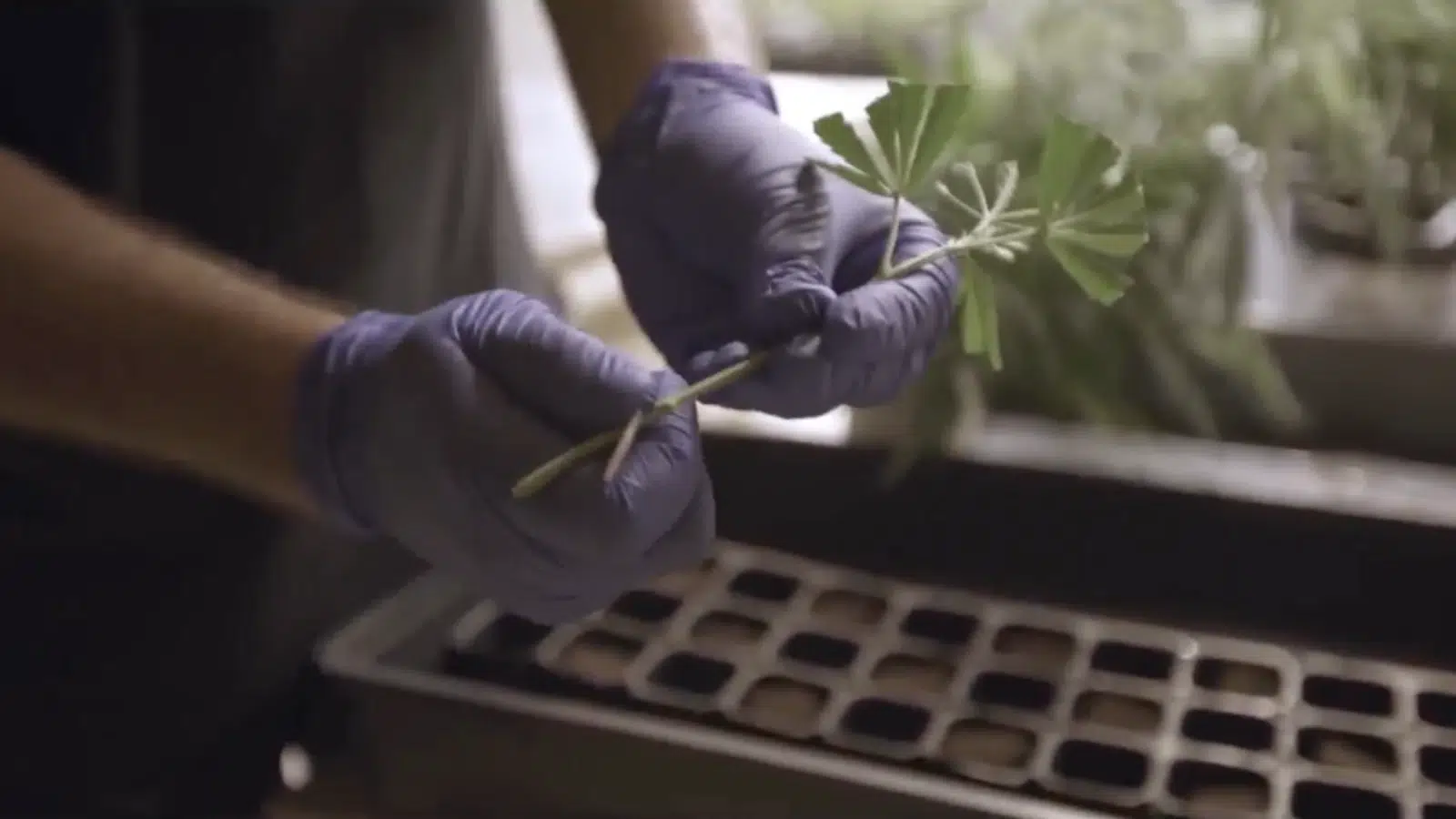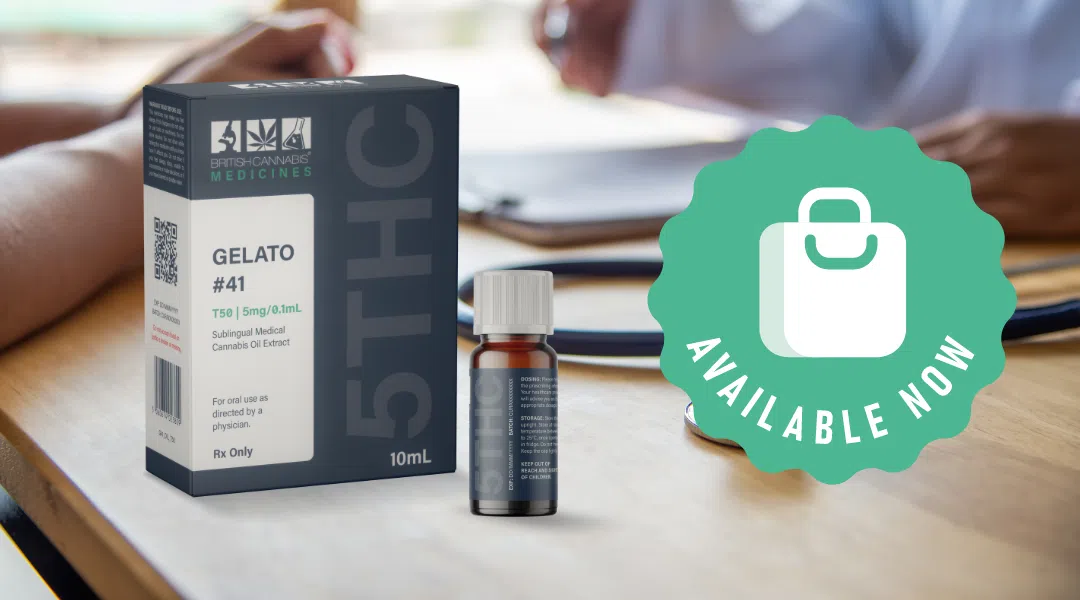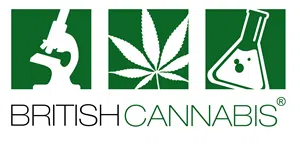
US Veterans Affairs Rejects Cannabis as a PTSD Remedy
An Unexpected Stand on the Cannabis Controversy
Despite the increasing preference for cannabis as a post-traumatic stress disorder (PTSD) remedy among US veterans, the Department of Veterans Affairs (VA) continues to advise against its use. While it aims to guide clinicians by creating universally accepted and suitable therapeutic options for PTSD treatment, the updated guidelines showcase the department’s unyielding standpoint against cannabis use in the veteran demographic.
Key Takeaways:
- VA strongly opposes the utilization of cannabis or cannabis derivatives as a PTSD treatment in veterans. This is primarily attributed to the dearth of compelling evidence from robust clinical trials, advocating its therapeutic potency.
- The period from 2013 to 2019 marked a tremendous rise of 56% in the adoption of cannabis among veteran PTSD sufferers.
- The VA Work Group underscores the severe repercussions, including cognition deficits, memory impairment, and impaired driving skills as outweighing the purported benefits of cannabis.
- The forthcoming Fiscal Year 2024 bill might bar interference in veterans’ participation in state-sanctioned medicinal cannabis programs.
Cannabis: A Preferred Choice for Some, But Not for All
An increasing number of veterans suffering from PTSD appear to embrace cannabis as a viable remedy. The adoption of cannabis witnessed a pronounced surge of 56% from 2013 to 2019, with approximately one in ten veterans citing cannabis use in the previous year.
Contrarily, the VA guidelines strongly emphasize the paucity of substantial evidence to endorse the employment of cannabis in PTSD treatment. Randomized controlled trials (RCTs), which form the bedrock of therapeutic endorsements, are woefully lacking in this regard. Additionally, the severe side effects form a crucial aspect of the VA Work Group’s advisories against cannabis use.
Echoing their concerns, the VA Work Group stated, “We discourage the usage of cannabis or cannabis derivatives in treating PTSD patients. The dearth of well-structured RCTs encompassing large PTSD patient samples coupled with the potentially severe side effects from cannabis use is concerning.”
The Flip Side of Cannabis
Pointing to multiple studies, the guidelines underscore the potential perils of cannabis. These include debilitating impacts on attention spans, memory, intelligence, and driving abilities. They also reference Steenkamp et al’s 2017 study, underscoring the associated psychiatric hazards such as depression, anxiety, psychosis, and substance abuse in PTSD patients.
The VA maintains that the potential harm from cannabis overshadows any potential benefits. The group reiterates, “Despite the divergence in patient values and preferences, given that some seek novel treatments while others express concern over using cannabis, we urge against the use of cannabis or cannabis derivatives for PTSD treatment.”
The Impending Legislative Response
A recent wave of petitions urged the VA to authorize medical cannabis access for veterans. The Fiscal Year 2024 bill, which finances the VA, prevents the utilization of funds to hinder veterans’ participation in state-approved medical cannabis programs or deny them services due to their participation in these programs.
Parting Words from British Cannabis™
The VA’s guidance, while understood, begs for a more sustained conversation surrounding alternate treatments such as cannabis. The need for more rigorous research to understand cannabis’ therapeutic capacities remains an undisputed fact. It is crucial to comprehend the impact of cannabis on the lives of our brave veterans grappling with PTSD. We underscore the necessity for comprehensive studies aimed at evaluating cannabis’ efficiency, potential risks, and advantages.
Share this post
Newsletter







